The "American dream" is widely considered to involve owning a house. Every generation, this milestone becomes more difficult due to rising costs of living. To ensure that you can achieve your American dream, you want to be financially literate and knowledgeable about the home buying process! As you enter your full-time career, it is time to begin learning about credit and the metrics you need to meet to be eligible for a mortgage (home loan).
How Do I Get My Credit Ready for a Mortgage?
When you apply for a mortgage through a mortgage lender, usually a local bank, you want to know that your financial paperwork is in order. You will be required to provide paperwork confirming your annual income, your employment status and last three monthly pay stubs, any and all outstanding debts you have, and your income tax statements. These are pieces of financial paperwork you need to save every year. Nowadays, PDFs of these statements are typically uploaded into the lender's home loan application online portal.
How Can I Increase My Chances of Getting a Mortgage?
To increase your chances of getting a mortgage, you need to be seen as financially stable. This means having a stable employment history, such as working at the same job for at least the past few years. Other metrics of stability are part of your credit score, which is compiled from your reported credit history. The three credit bureaus (Experian, Equifax, and Transunion) compile a credit history that details your total level of outstanding debt, the number and type of credit accounts or loans you have, and your payment history.
Credit Score Needed for Mortgage Approval
The minimum credit score you need for an FHA (Federal Housing Administration) mortgage through a commercial lender (bank) without having to pay at least a 10 percent down payment on the house is 580. If you can afford to put 10 percent down on a house, it is possible to be approved for an FHA mortgage with a credit score between 500 and 579. For a conventional mortgage, meaning one that is not backed by the FHA, you typically need a credit score of at least 620. A conventional mortgage allows borrowers to pay less than the minimum 3.5 percent down payment required for an FHA mortgage, as well as have a higher debt-to-income ratio.
Best Credit Score for a Home Loan
The best credit score for a home loan is above 620. The higher your credit score, the lower the interest rate you may be approved for. If you have a credit score above 700, you may be eligible for the mortgage rates that banks advertise. The rule of thumb is the higher your credit score, the lower the interest rate you can negotiate from lenders. To ensure that you have a good credit score for getting a mortgage, you can use Sensei Credit to check your credit score and credit reports.
Knowing your credit score and your other financial data can help you get pre-approved for a mortgage. Lenders will typically let you enter this data online to generate a pre-approval amount that you can show to home sellers. Often, sellers require pre-approval letters that show a prospective buyer is not wasting their time. While a pre-approval for a mortgage is not the same as an actual approval, it does usually mean that you will be approved for the mortgage if your financial data is confirmed as accurate.
Check Your Credit Score and Credit Report
It is important to know your credit score and credit report before applying for a mortgage. Seeking a mortgage pre-approval is a hard inquiry that can slightly lower your credit score. The good news is that this impact on your credit score is only temporary. However, if you frequently seek mortgage pre-approvals, this may begin to lower your credit score. Therefore, you should know you have good credit before you begin the mortgage pre-approval process. Sensei Credit can help with this by keeping you informed about your credit score, credit reports, and ways to improve your credit.
How Can I Improve My Credit Score?
You can improve your credit score by ensuring you have relatively low levels of debt (compared to your income). The number of outstanding credit accounts and loans should also be relatively small. One way to reduce the number of lines of credit you have open is canceling old credit cards you may have gotten through retailers or banks. If there is lots of credit card debt from multiple credit cards, you may be better off taking out a single larger loan - with a lower interest rate than your credit cards have - and using the loan to pay off your credit cards. This is known as debt consolidation, and will help simplify your debt situation.
Focus on Paying Every Bill on Time
The single biggest factor in your credit score is missed payments on credit accounts. This means the single most important thing you can do to improve or maintain your credit score is paying every bill on time. A late payment can substantially impact your credit score, even if you end up paying in full later. Many credit accounts, such as utilities and credit cards, allow users to set up automatic payments that draft directly from their checking accounts.
How to Reduce Credit Card Debt
There are two key methods of reducing credit card debt: the debt avalanche method and the debt snowball method. With the debt avalanche method, debts focus on paying off the debt with the highest interest rate first. This is done by paying more than the minimum monthly payment on that debt while maintaining only the minimum monthly payments on the other ones. When the highest-interest debt is paid off, that monthly contribution amount will be directed toward the debt with the second highest interest rate. This cycle continues until all debt is paid off!
The debt snowball method works similarly, but focuses on tackling debts in order of lowest balance to highest balance. This method takes longer to pay off all debt, but allows users to enjoy quicker initial successes. These initial successes can be valuable by giving debtors confidence to keep going and maintain fiscal discipline.


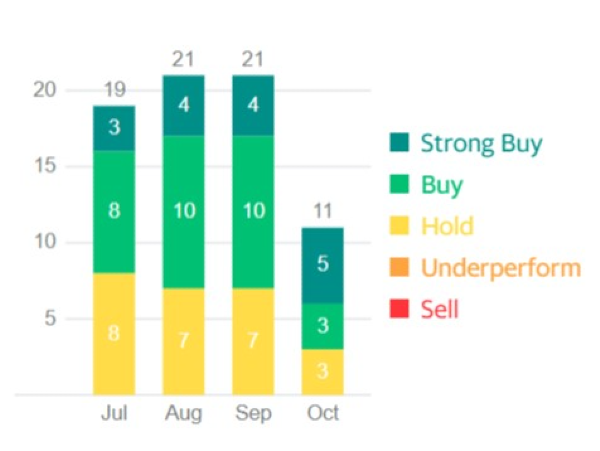
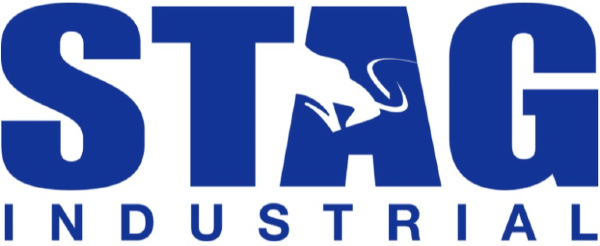
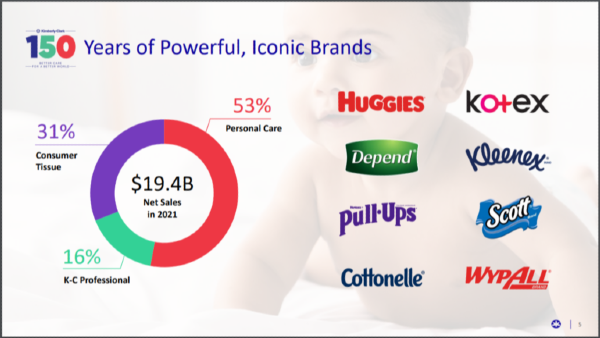



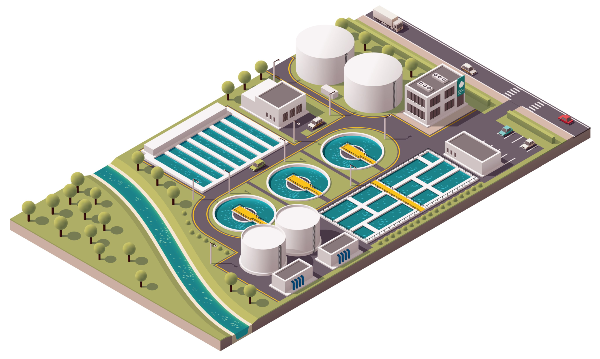

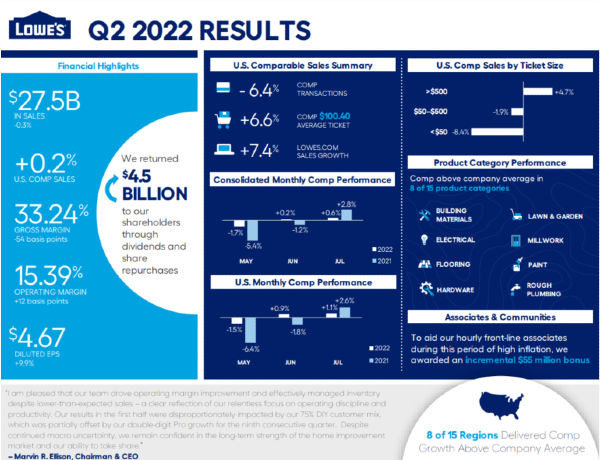



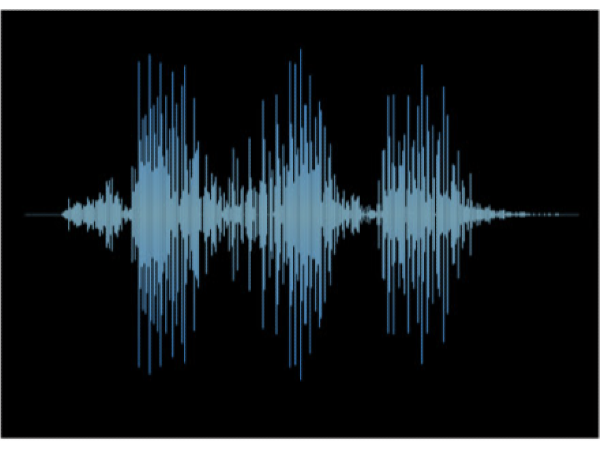
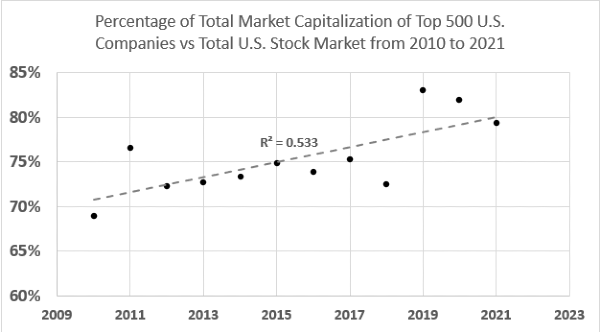


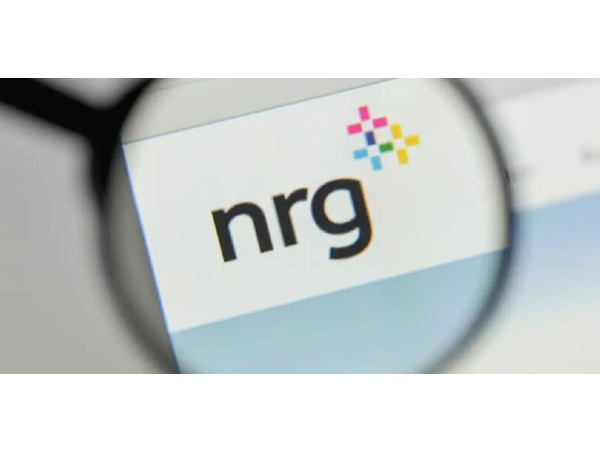



The "American dream" is widely considered to involve owning a house. Every generation, this milestone becomes more difficult due to rising costs of living. To ensure that you can achieve your American dream, you want to be financially literate and knowledgeable about the home buying process! As you enter your full-time career, it is time to begin learning about credit and the metrics you need to meet to be eligible for a mortgage (home loan).
How Do I Get My Credit Ready for a Mortgage?
When you apply for a mortgage through a mortgage lender, usually a local bank, you want to know that your financial paperwork is in order. You will be required to provide paperwork confirming your annual income, your employment status and last three monthly pay stubs, any and all outstanding debts you have, and your income tax statements. These are pieces of financial paperwork you need to save every year. Nowadays, PDFs of these statements are typically uploaded into the lender's home loan application online portal.
How Can I Increase My Chances of Getting a Mortgage?
To increase your chances of getting a mortgage, you need to be seen as financially stable. This means having a stable employment history, such as working at the same job for at least the past few years. Other metrics of stability are part of your credit score, which is compiled from your reported credit history. The three credit bureaus (Experian, Equifax, and Transunion) compile a credit history that details your total level of outstanding debt, the number and type of credit accounts or loans you have, and your payment history.
Credit Score Needed for Mortgage Approval
The minimum credit score you need for an FHA (Federal Housing Administration) mortgage through a commercial lender (bank) without having to pay at least a 10 percent down payment on the house is 580. If you can afford to put 10 percent down on a house, it is possible to be approved for an FHA mortgage with a credit score between 500 and 579. For a conventional mortgage, meaning one that is not backed by the FHA, you typically need a credit score of at least 620. A conventional mortgage allows borrowers to pay less than the minimum 3.5 percent down payment required for an FHA mortgage, as well as have a higher debt-to-income ratio.
Best Credit Score for a Home Loan
The best credit score for a home loan is above 620. The higher your credit score, the lower the interest rate you may be approved for. If you have a credit score above 700, you may be eligible for the mortgage rates that banks advertise. The rule of thumb is the higher your credit score, the lower the interest rate you can negotiate from lenders. To ensure that you have a good credit score for getting a mortgage, you can use Sensei Credit to check your credit score and credit reports.
Knowing your credit score and your other financial data can help you get pre-approved for a mortgage. Lenders will typically let you enter this data online to generate a pre-approval amount that you can show to home sellers. Often, sellers require pre-approval letters that show a prospective buyer is not wasting their time. While a pre-approval for a mortgage is not the same as an actual approval, it does usually mean that you will be approved for the mortgage if your financial data is confirmed as accurate.
Check Your Credit Score and Credit Report
It is important to know your credit score and credit report before applying for a mortgage. Seeking a mortgage pre-approval is a hard inquiry that can slightly lower your credit score. The good news is that this impact on your credit score is only temporary. However, if you frequently seek mortgage pre-approvals, this may begin to lower your credit score. Therefore, you should know you have good credit before you begin the mortgage pre-approval process. Sensei Credit can help with this by keeping you informed about your credit score, credit reports, and ways to improve your credit.
How Can I Improve My Credit Score?
You can improve your credit score by ensuring you have relatively low levels of debt (compared to your income). The number of outstanding credit accounts and loans should also be relatively small. One way to reduce the number of lines of credit you have open is canceling old credit cards you may have gotten through retailers or banks. If there is lots of credit card debt from multiple credit cards, you may be better off taking out a single larger loan - with a lower interest rate than your credit cards have - and using the loan to pay off your credit cards. This is known as debt consolidation, and will help simplify your debt situation.
Focus on Paying Every Bill on Time
The single biggest factor in your credit score is missed payments on credit accounts. This means the single most important thing you can do to improve or maintain your credit score is paying every bill on time. A late payment can substantially impact your credit score, even if you end up paying in full later. Many credit accounts, such as utilities and credit cards, allow users to set up automatic payments that draft directly from their checking accounts.
How to Reduce Credit Card Debt
There are two key methods of reducing credit card debt: the debt avalanche method and the debt snowball method. With the debt avalanche method, debts focus on paying off the debt with the highest interest rate first. This is done by paying more than the minimum monthly payment on that debt while maintaining only the minimum monthly payments on the other ones. When the highest-interest debt is paid off, that monthly contribution amount will be directed toward the debt with the second highest interest rate. This cycle continues until all debt is paid off!
The debt snowball method works similarly, but focuses on tackling debts in order of lowest balance to highest balance. This method takes longer to pay off all debt, but allows users to enjoy quicker initial successes. These initial successes can be valuable by giving debtors confidence to keep going and maintain fiscal discipline.